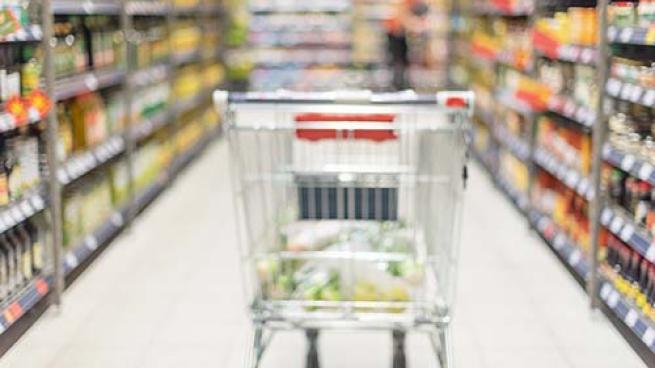
Rethinking the what, where, why and how of food
What does this era of responsible food retail mean in practice? On a macro scale, the food production system will need to change to meet a new set of sustainability needs. Faced with natural economic pressures, that system is already struggling to keep pace with consumption. A reinvention is therefore needed across the value chain to manage and overcome food scarcity, adapt to changes in climate and feed a growing (and more urban) global population.
Product design will need to get more creative, using different, more sustainable materials to create food. Structurally, the parts of the system currently managed vertically will need to improve efficiency, with many converting to platform business models. All stages of the value chain will need rethinking as a technologically fueled step change occurs in the economics of small-scale growing methods.
The way grocers work with their partners will be critical to this. For example, the German global supermarket chain Lidl has 10 standards it expects its partners (and their partners) to comply with to keep its business. These range from a ban on discrimination to environmental protections.
It all points to a very different, more resilient, more sustainable, more localized, more responsive – and, yes, more responsible – model of food production.
Delivering trust, demonstrating transparency
On a micro scale, grocers must adapt to new consumer needs and expectations. Price is still highly determinative of purchasing decisions, of course. But people are now much more educated about what they buy and more willing to act on their social, political and environmental beliefs. This is now a critical factor in building and maintaining consumer trust.
Accenture research shows large majorities who say, for instance, that they’d like to reduce waste in their grocery purchases, recycle unwanted items, and get clearer labeling about the sustainable and ethical credentials of what they buy. And almost half of consumers say that they’re more likely to do their shopping with retailers that address wider social issues through their business practices and working conditions.
Grocers and their suppliers are responding. For example, U.S. grocer Giant Eagle has committed to eliminating single-use plastics by 2025. Sushi supplier SnowFox is partnering with nonprofit FishChoice to ensure that its seafood meets sustainability commitments. And Ahold Delhaize is implementing more effective replenishment systems and plans to provide customers with more information on product sourcing and production.
Emerging technology is also offering grocers new solutions. Digital platforms and distributed ledgers, for instance, promise a revolution in product transparency. This kind of near-real-time granular traceability of the global food journey from source to consumption could be vital if, as predicted, transparency becomes a central non-price purchase trigger in future.
A holistic approach to responsibility
In the end, responsible retail is about designing every aspect of the business – strategies, products, services, experiences, relationships – around responsible initiatives. These initiatives must be genuine and address all stakeholders, the planet among them. They should look to align values and build trust with consumers while empowering employees to thrive as individuals. They should also look to cultivate mutually profitable relationships with partners and investors while helping a grocer act as a responsible steward of finite natural resources. It’s about delivering a sustainable future, not just for a grocery business, but for the whole planet.
Read Again https://progressivegrocer.com/good-planet-good-grocersBagikan Berita Ini















0 Response to "Good for the Planet, Good for Grocers - Progressive Grocer"
Post a Comment